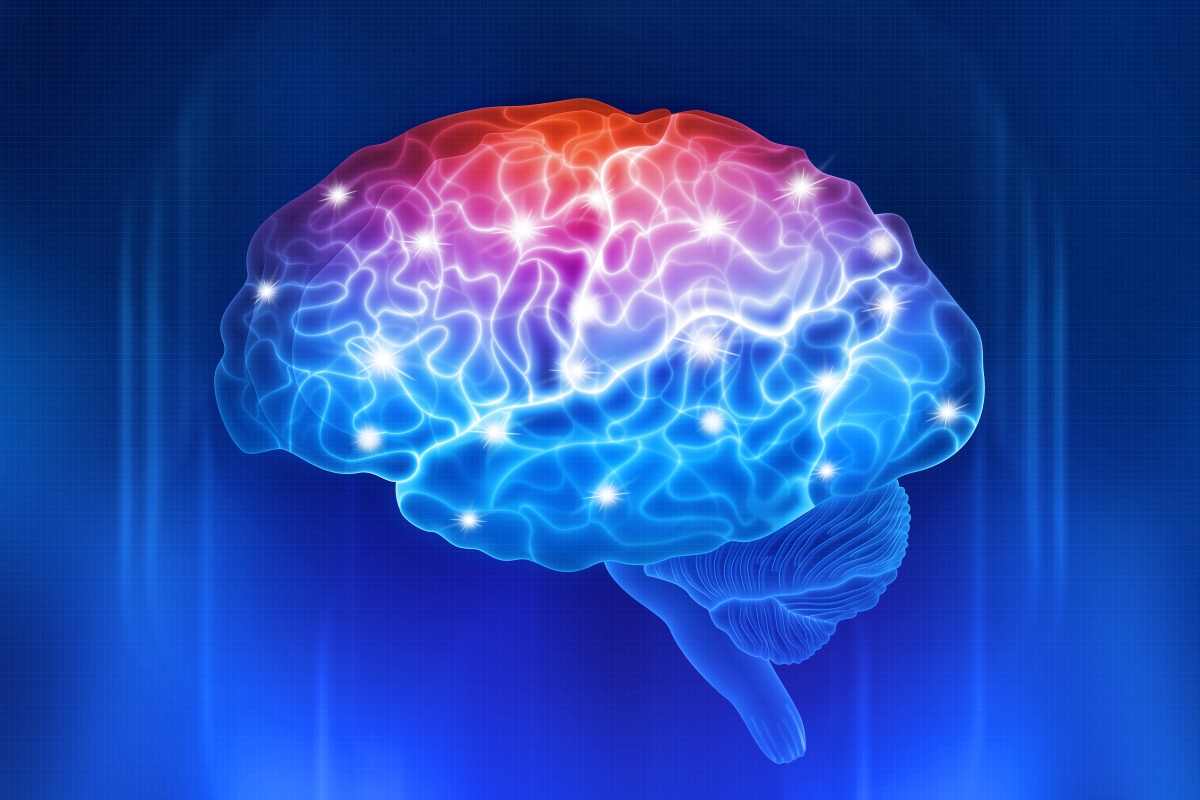Dietary magnesium intake is related to larger brain volumes and lower white matter lesions with notable sex differences
In this study by Alateeq et al. (2023), the authors sought to research the relationship between dietary magnesium intake (Mg) and middle-to-early-old age brain sizes and white matter lesions (WMLs). Using data on individuals from the UK Biobank (n = 6001) categorized by sex, ranging in age from 40 to 73, an online computerized 24-hour recall questionnaire was used to quantify dietary Mg to estimate daily Mg consumption. To determine if baseline blood pressure (BP) contributes to the association between Mg consumption and brain health, associations between baseline Mg, BP measurements, and between baseline Mg, Mg trajectories, and BP changes (between baseline and wave 2) were also looked at. Health and socio-demographic factors were considered in all analyses, in addition to whether menopausal status and Mg trajectories may combine to predict brain volumes and WMLs. Analysis of the results identified three groups of magnesium intake using latent class analysis: “high-decreasing” (men = 3.2%, women = 1.9%), “low-increasing” (men = 1.09%, women = 1.62%), and “stable-normal” (men = 95.71%, women = 96.51%). In both men and women, larger gray matter (GM), left hippocampus (LHC), and right hippocampal (RHC) sizes were generally related to higher baseline dietary Mg consumption. Compared to the “stable-normal” trajectory, only the “high-decreasing” trajectory was substantially linked with bigger brain volumes (GM, RHC). The “low-increasing” trajectory was associated with lower brain volumes (GM; white matter [WM], LHC, RHC) and larger WMLs. Mg and BP measurements revealed generally non-significant relationships. Moreover, post-menopausal women appeared to benefit more from the “high-decreasing” trajectory’s demonstrated neuroprotective impact than pre-menopausal women. The authors conclude that better brain health is associated with higher dietary Mg consumption in the overall population, especially in women. [NPID: Magnesium, neuroimaging, blood pressure, sex, UK biobank]
Year: 2023
 Navigation
Navigation






